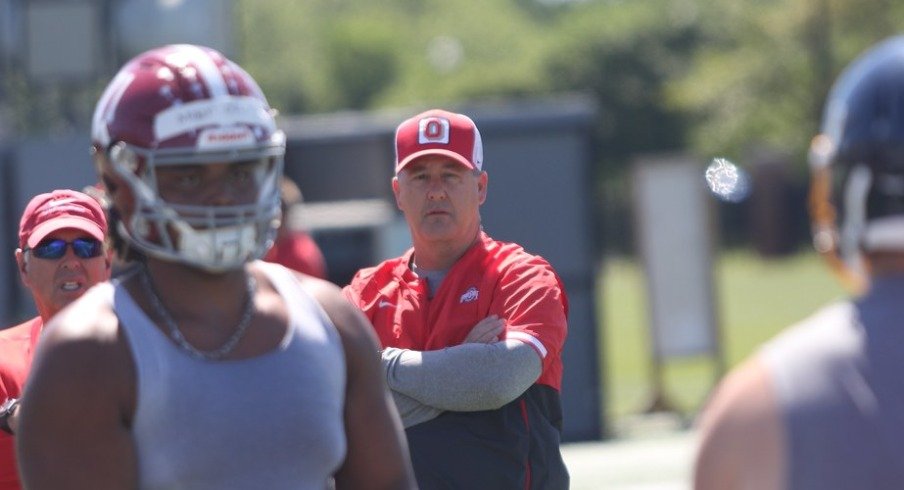I have a 30 minute commute to work.
Covering about 22 miles, that is the most time that I've ever spent going to and from my place of employment in my entire adult life. Coming back is a little faster, only about 20 minutes, and what that means is that I have roughly an hour each day to sit in my car, choosing either to clench and unclench my jaw as I watch PT Cruisers with expired tags inch along 15 miles per hour under the speed limit, or ponder what exactly it means to travel for a job.
I've done that, too, teaching English some seven thousand miles away in Japan for a year in my mid-20's. But I didn't make a habit of it, and ever since I've stayed within the friendly-ish confines of the Buckeye state to ply my trade. That's not for everyone; I've got some friends who are truly most at home when they're on the road, but one of the key components of their lifestyle is that ultimately they get to call the shots.
But what if you didn't? What if your job turned you into Bill Bixby, solving problems in one town before finding yourself back on the road 42 minutes (plus commercials) later? That makes a certain kind of guts and mental toughness that I'm not sure I have when one of my windshield wipers gets stuck at 8:33 in the morning.
There's been a lot written about the life of the college football coach over the years, including a missive from yours truly, but today what I'm more interested in than stories about adult men turning into the dumpster guy from Mulholland Dr. is the spatial story that their careers tell.
The above map represents only two thirds of the professional life of Ohio State's Todd Fitch, because Google wouldn't let me add stops at Boston College, Louisiana Tech, and Vanderbilt before he came to Columbus. In all, the offensive analyst has been coaching for almost 40 years, and has taught almost everything you can imagine on the offensive side of the football.
Two things come to mind when I look at the above. First: that's exhausting. Fitch has moved his entire life, sometimes cross country, on an average of every two years since the mid-1980's. I get mad when someone asks me to move down a seat at El Vaquero.
Second, and more interesting, is that it is a sharp reminder at how necessary information sharing is in the coaching profession. Sometimes I think we live under the impression that the internet has erased all geographic boundaries, but cutting edge developments in strategy and coaching are often developed face-to-face, when one coach physically takes his ideas to someplace new, discusses them with another coach who might have a similar idea, and the ensuing collaboration ends up scoring 50 points per game on Saturdays.
The Air Raid is a great example of this, but it doesn't necessarily have to be something that fundamentally changes the game of football; even small technique ideas and improvements, passed down at coaches clinics or over a cup of coffee, all help contribute to making a team a cohesive unit.
Spring football is fun because it encourages us take a Closer Look.
Guys like secondary coach Tim Walton (who has coached with 11 different programs/NFL teams since 1995) and safeties coach Perry Eliano (nine since 2001) get a larger piece of the spotlight because, as it culminates in the Spring Game, March and April are all about what kinds of improvements we can see from a season that ended just a few months ago.
Those improvements, in terms of the performance of specific players, or playcalling, or even something like average yard per punt, are being developed now, and in large part by journeymen coaches who are bringing an incredibly wide swath of experience to the table. Yes, once August rolls around, we'll (rightly) be more preoccupied by names like Day and McCord and Harrison. But in mid-April, it's fun to focus on an element of a football team that typically doesn't get that kind of attention.


